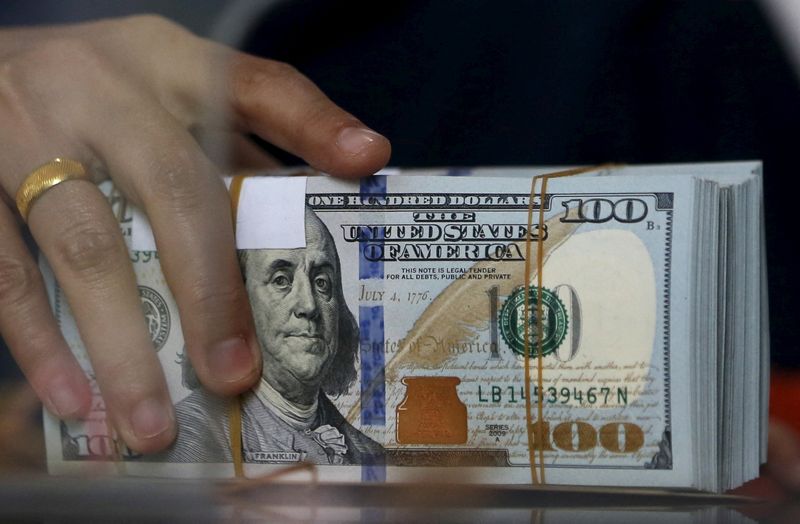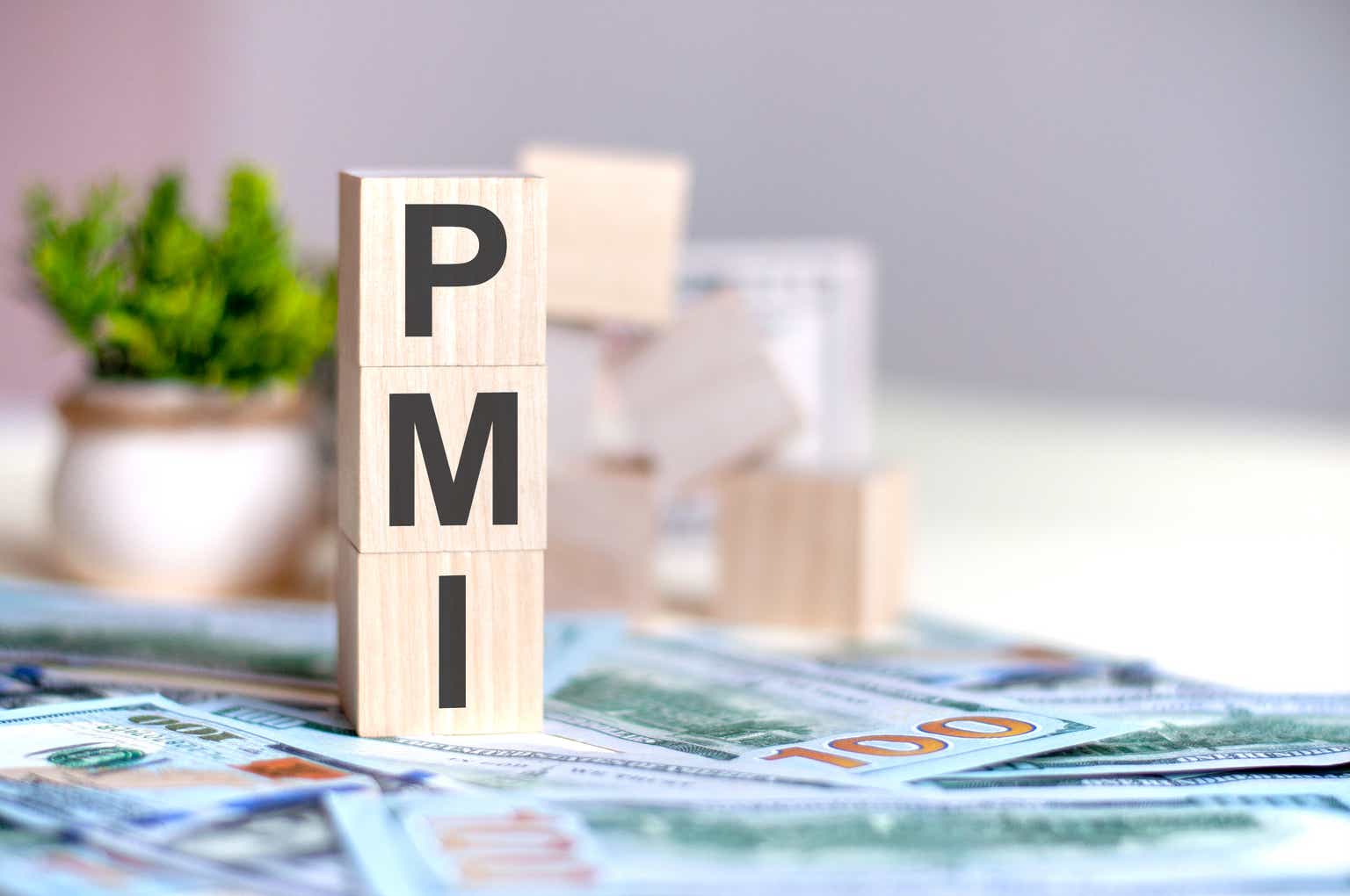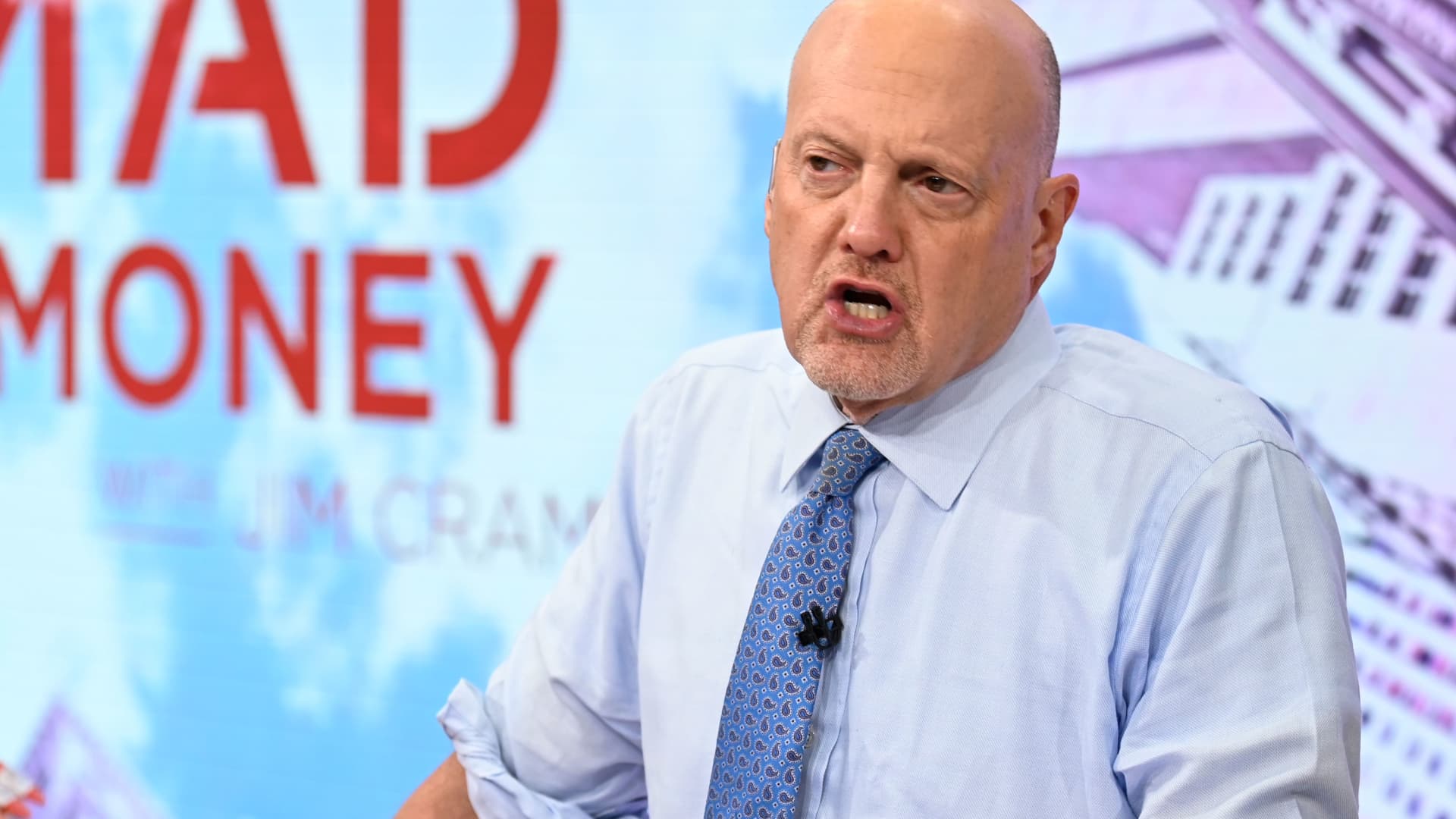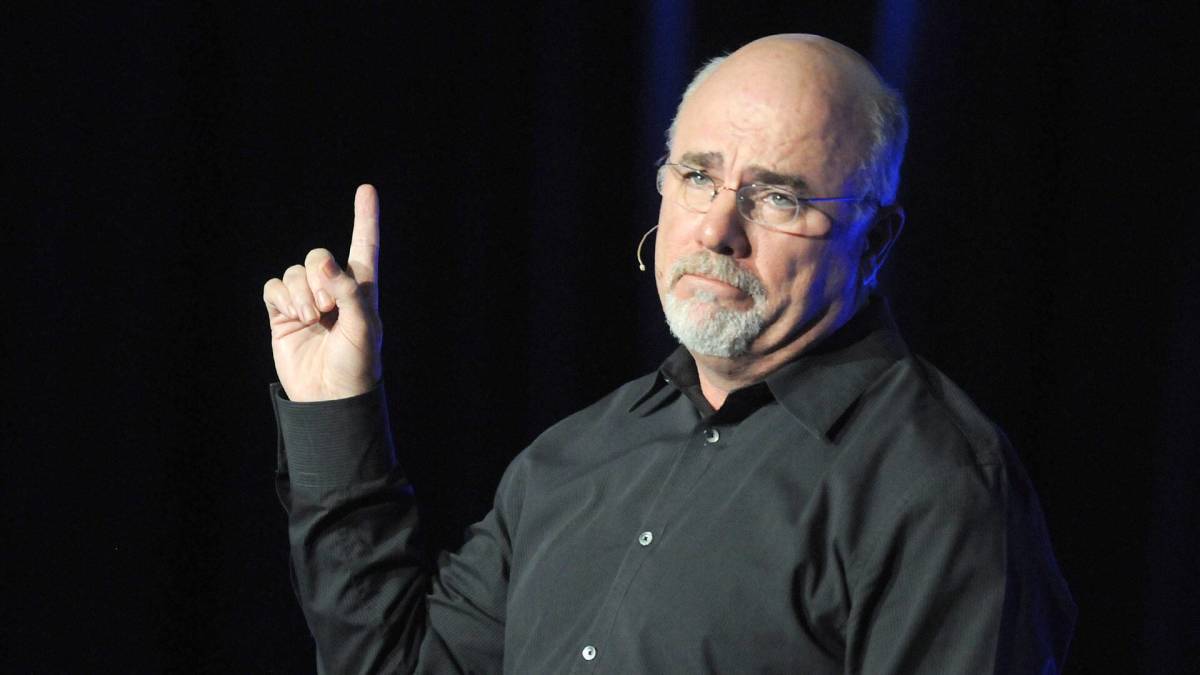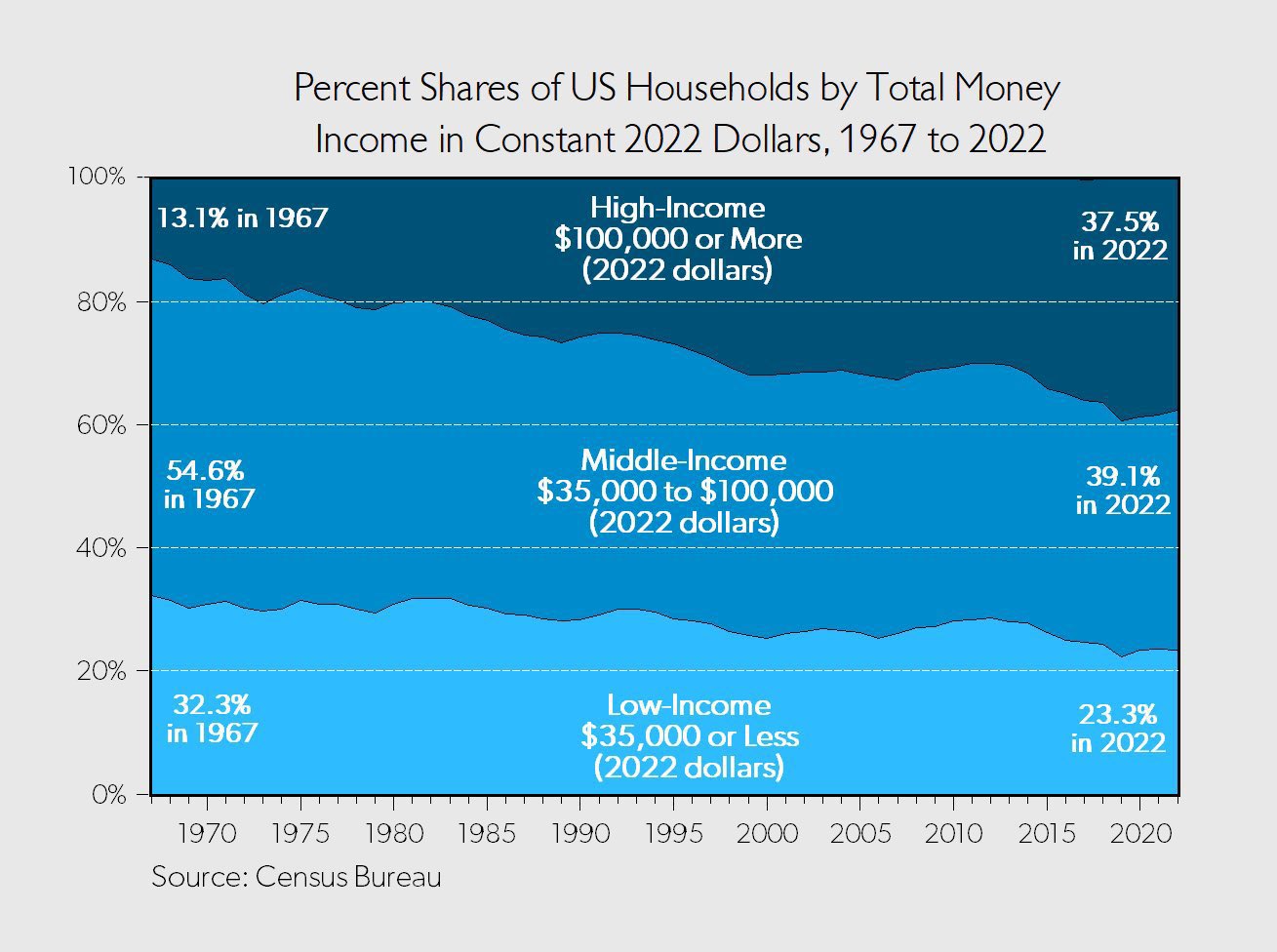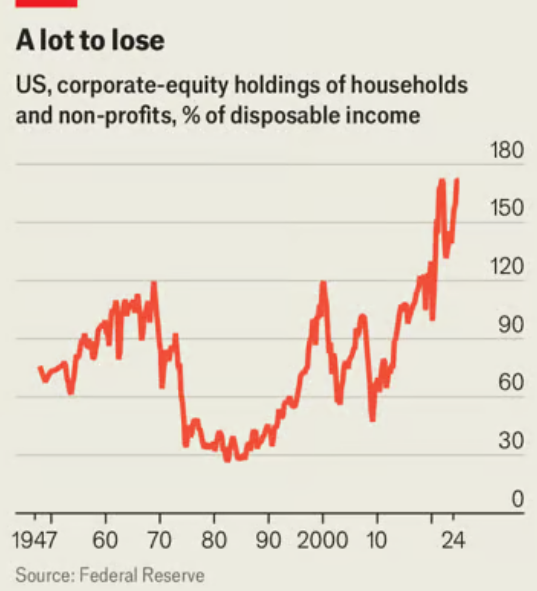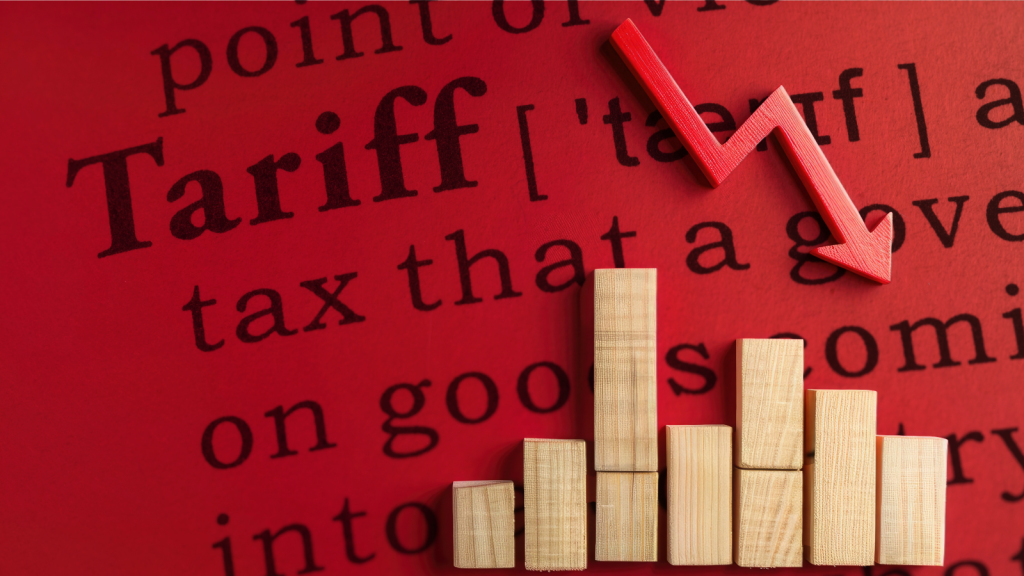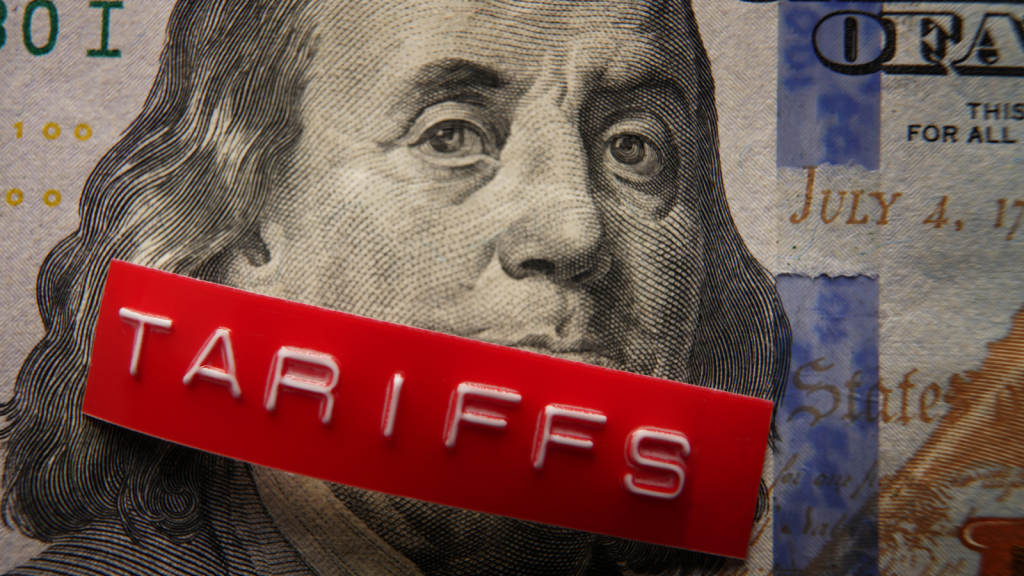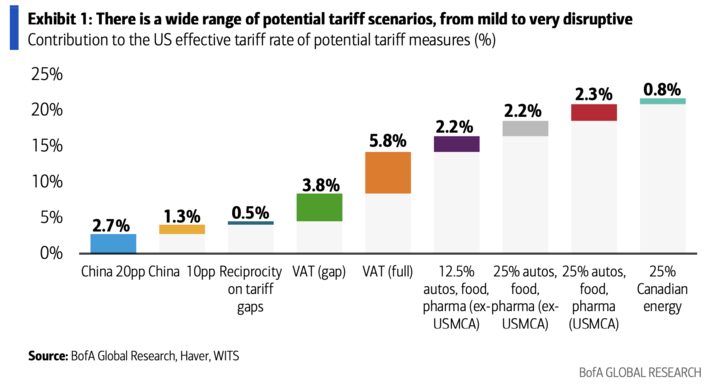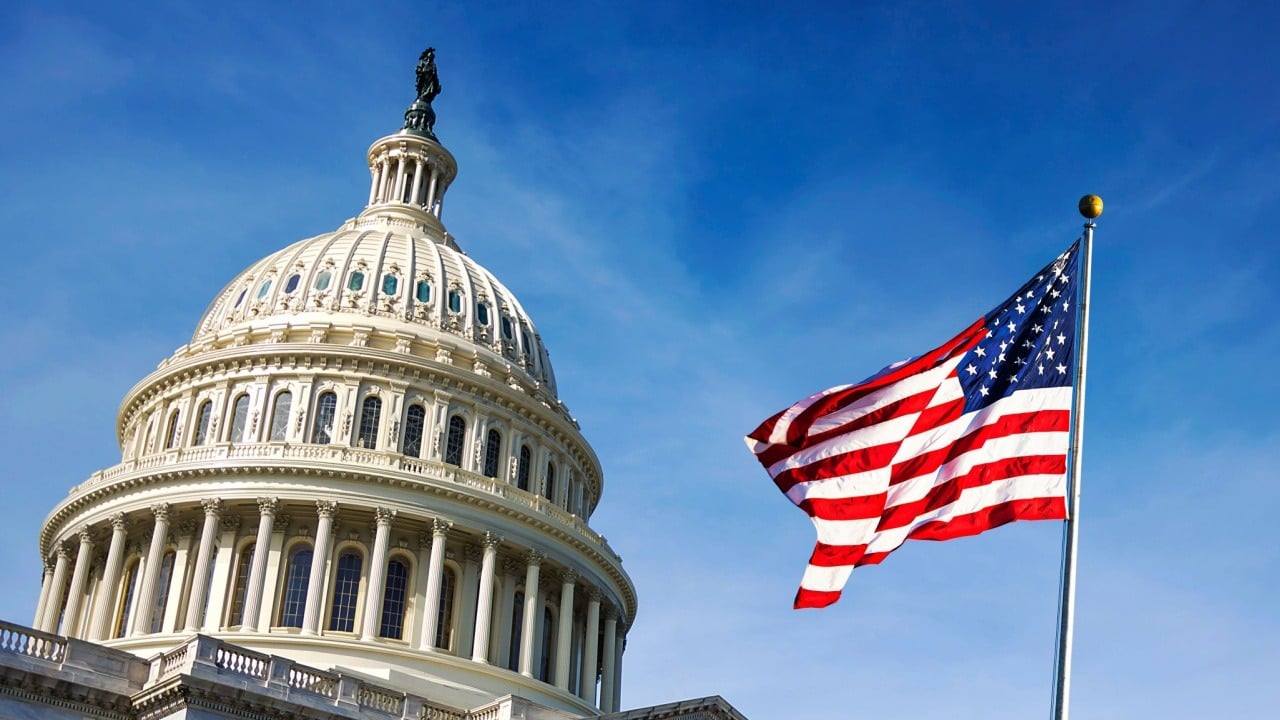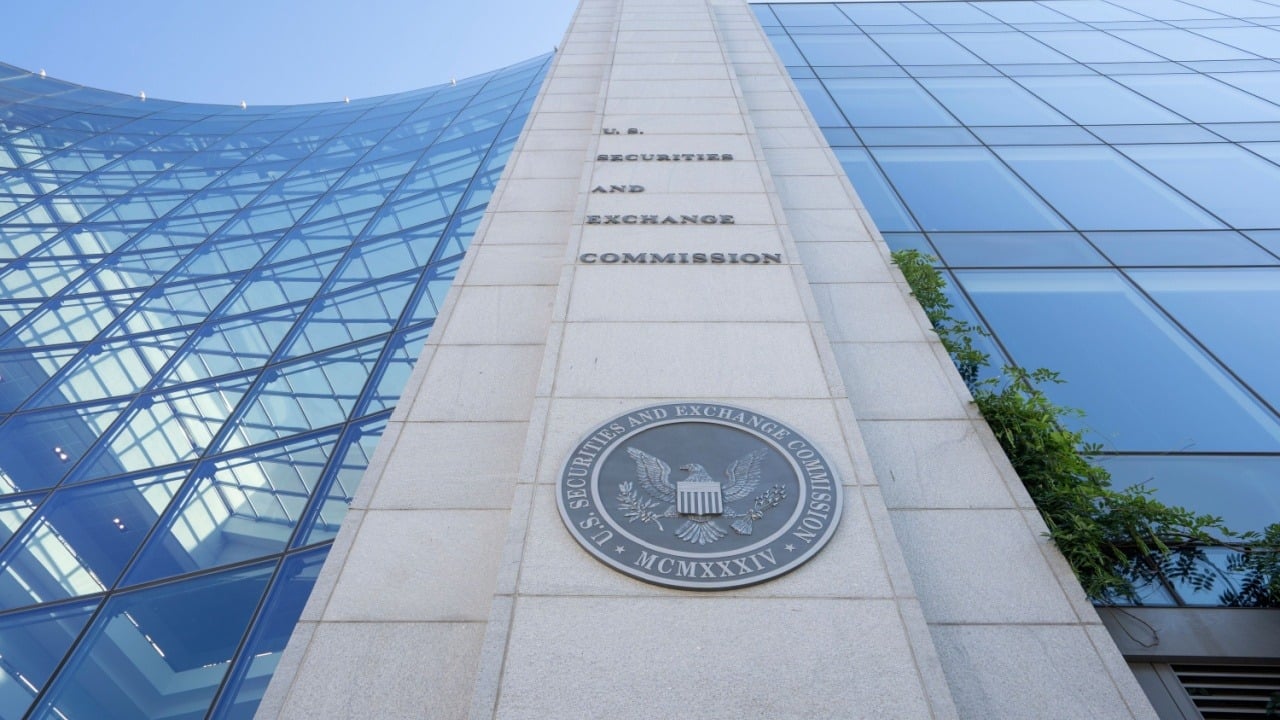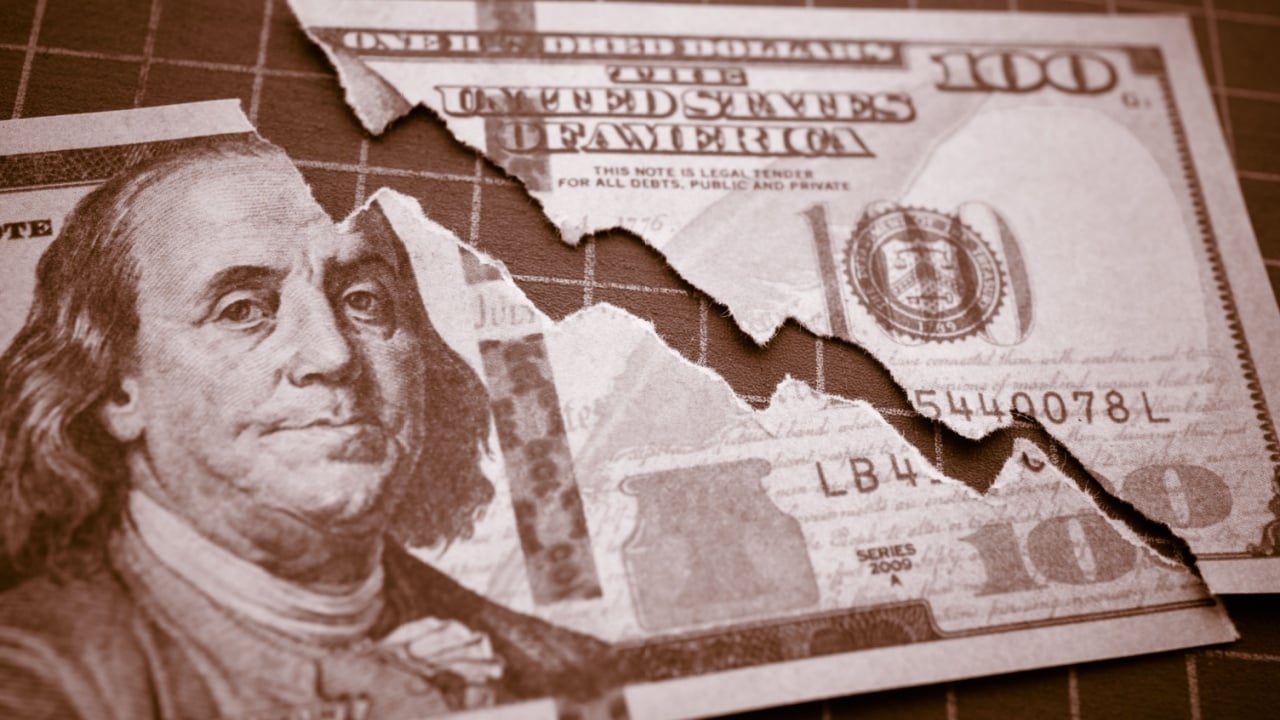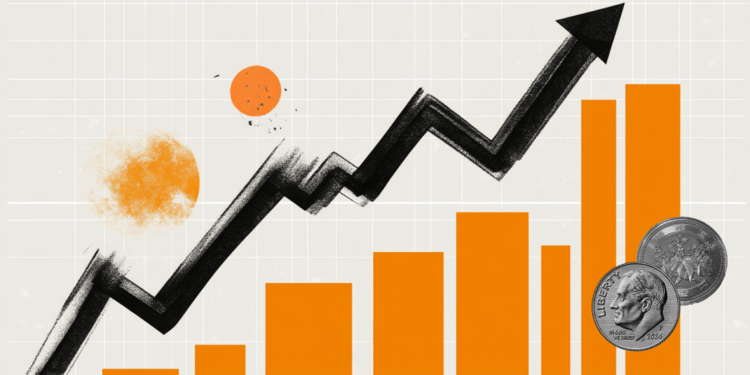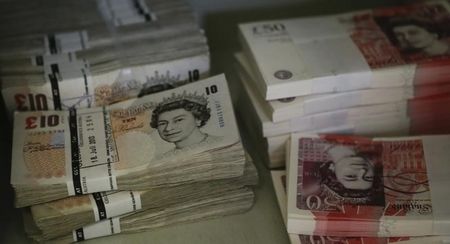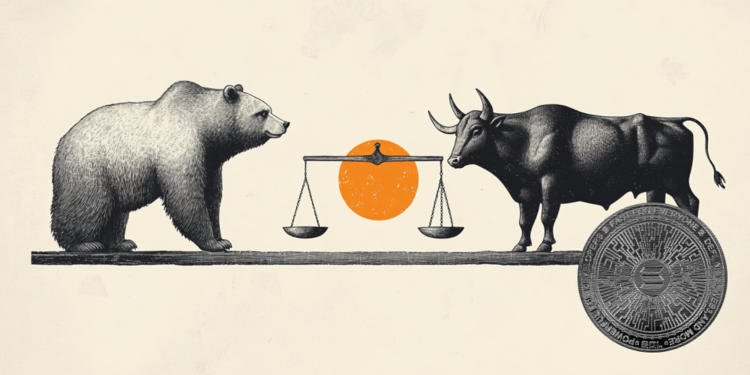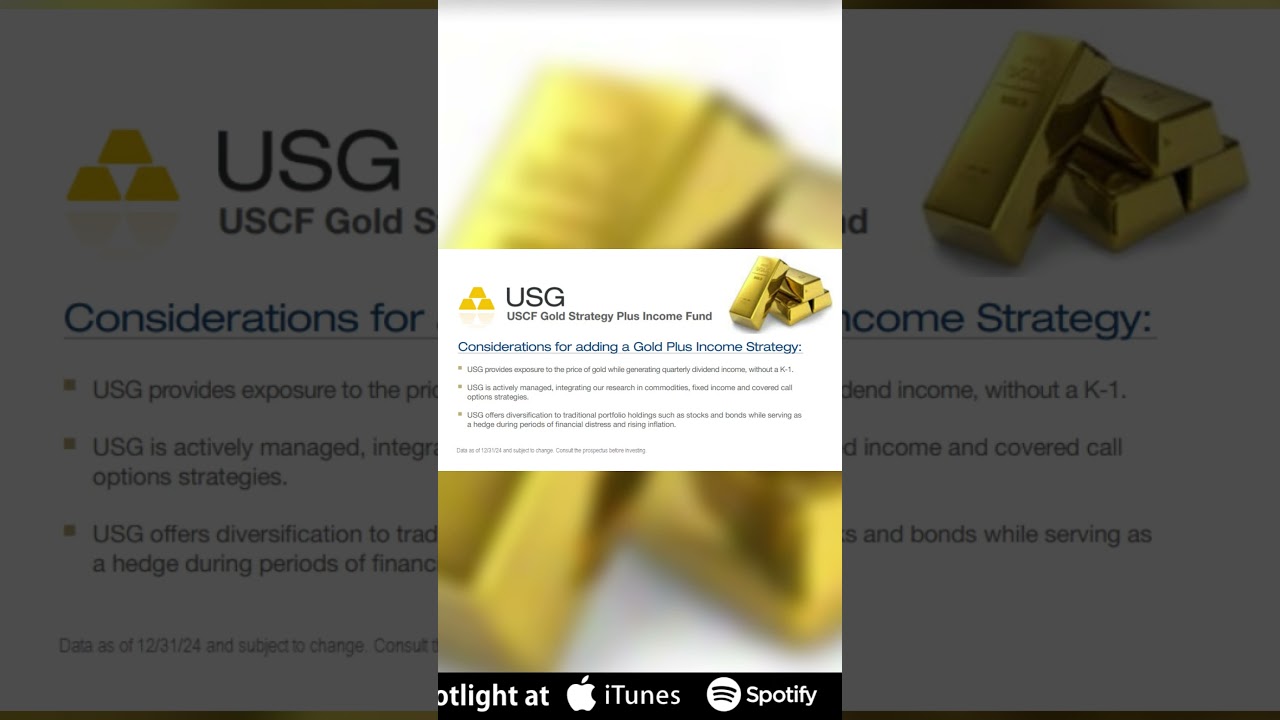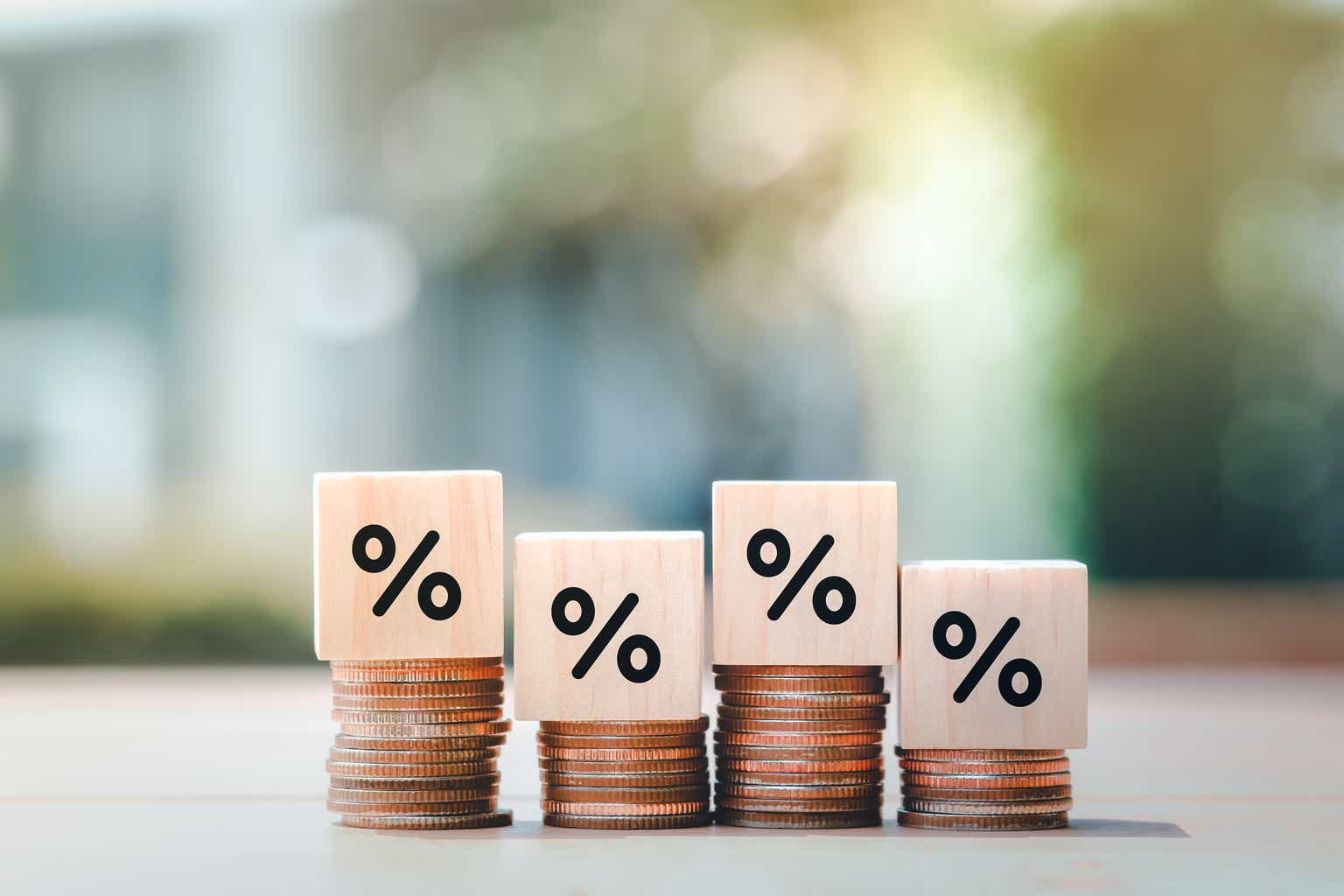As an early retiree, how much income tax are you really paying on your withdrawals?
There’s a reason people are often encouraged to save for retirement in an IRA or 401(k) plan. These accounts offer a number of tax benefits. And if you save for retirement in a Roth account, you get to enjoy tax-free withdrawals during your later years. But a lot of people who plan to retire […] The post As an early retiree, how much income tax are you really paying on your withdrawals? appeared first on 24/7 Wall St..
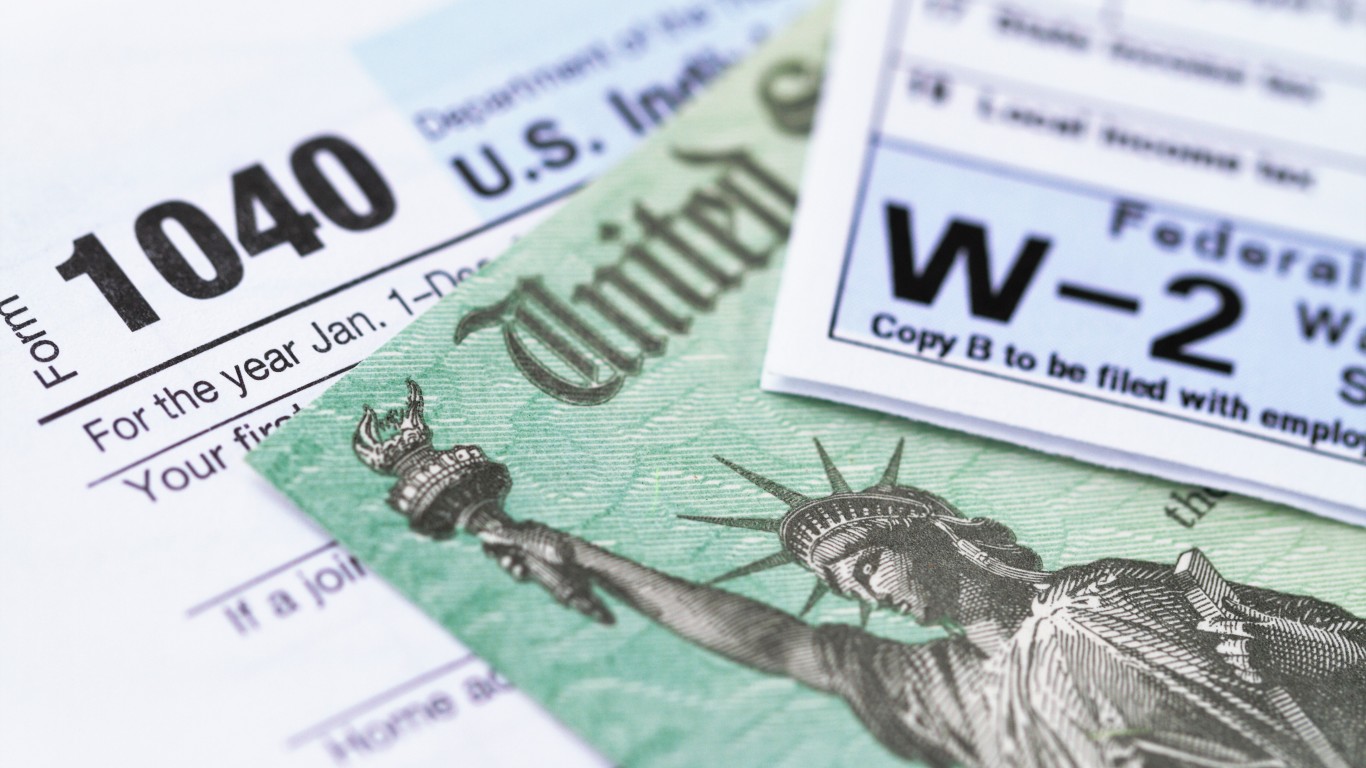
Key Points
-
Early retirees often don’t get income from tax-advantaged accounts.
-
It’s important to factor taxes into your expenses.
-
Work with a professional to minimize your tax bill as much as possible.
-
Are you ahead, or behind on retirement? SmartAsset’s free tool can match you with a financial advisor in minutes to help you answer that today. Each advisor has been carefully vetted, and must act in your best interests. Don’t waste another minute; get started by clicking here here.(Sponsor)
There’s a reason people are often encouraged to save for retirement in an IRA or 401(k) plan. These accounts offer a number of tax benefits. And if you save for retirement in a Roth account, you get to enjoy tax-free withdrawals during your later years.
But a lot of people who plan to retire early opt to save their money in an unrestricted brokerage account. And that makes sense given that early withdrawals from an IRA or 401(k) could incur a penalty.
In this Reddit post, we have someone asking what early retirees’ tax situations look like. They’re assuming that a lot of early retirees have a minimal capital gains tax liability. And they may be right to some degree.
There’s a benefit to having long-term capital gains in your portfolio
For the most part, early retirees who are cashing out investments for income may be looking at long-term capital gains taxes, which apply to assets that are held for at least a year and a day before being sold. Short-term capital gains, which apply to assets held for a year or less, are taxed just like ordinary income. But long-term capital gains taxes have more favorable rates.
This year, singles earning up to $48,350 don’t pay any taxes on long-term capital gains. That rate then increases to 15% for incomes between $48,351 and $533,400 before rising to 20% for all incomes over $533,400.
Married couples filing jointly, meanwhile, get to enjoy a 0% long-term capital gains tax rate if their income is up to $96,700. Between $96,701 and $600,050, there’s a 15% long-term capital gains tax rate. And above $600,050, it’s 20%.
Of course, it’s possible that some early retirees may be looking at short-term capital gains, which can be notably higher. It’s also pretty common for early retirees to live off of dividends.
Dividend tax rates depend on the type of dividend at hand. Most dividends are qualified dividends and enjoy similar tax treatment to long-term capital gains, which means some people may be paying 0% on their dividend income.
Work with a professional to minimize your tax bill
If you’re going to be retiring early, it’s important to have the ability to stretch your savings so you’re able to cover your costs. And part of that means having a smart tax strategy.
To this end, it pays to consult a tax professional or financial advisor for help in managing your portfolio and withdrawing from it strategically. There may be steps you can take to lower your tax burden as an early retiree, which is definitely worth doing.
One way to potentially minimize your tax burden in retirement is to sell the right stocks at a loss to offset capital gains. This is a strategy that could be worth employing if you’re not eligible to pay 0% taxes on long-term capital gains.
It’s also smart to keep some savings in a Roth account even if early retirement is on your radar. Since Roth portfolios get to grow tax-free, it could be wise to tap a Roth later in life, once you’ve benefitted from more of those gains.
There may be other strategies you can use, too, like itemizing deductions on your taxes or taking other steps to stay within a lower IRS bracket, so it’s worth utilizing the help of a professional to cover all bases.
The post As an early retiree, how much income tax are you really paying on your withdrawals? appeared first on 24/7 Wall St..


